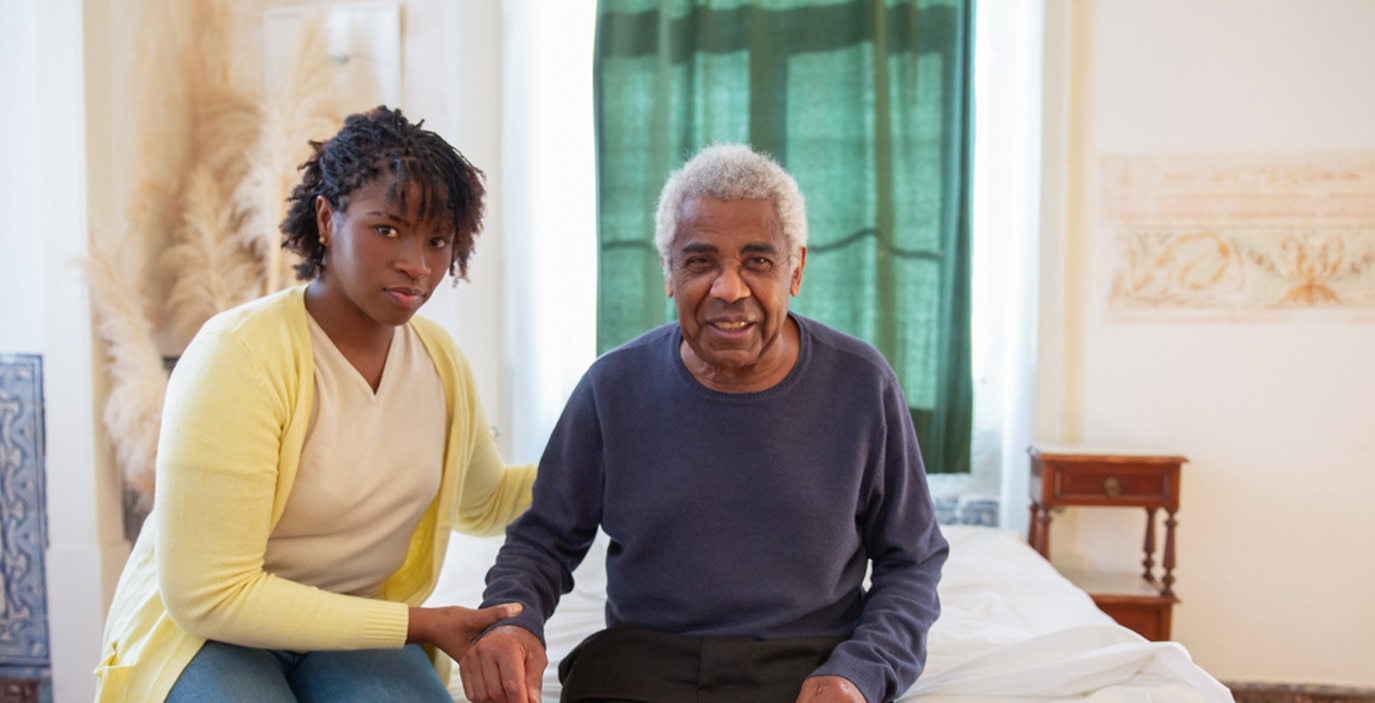
Signs Your Loved One May Need Help with Bathing or Showering
Caring for an elderly loved one can be rewarding, but it also comes with challenges, especially when it comes to personal hygiene. Bathing or showering, something so routine, can become difficult and even dangerous with age. If you’ve noticed small changes in your loved one’s behaviour or appearance, they may need help even if they don’t ask for it.
One of the first signs is a change in hygiene. You might notice a new body odour, unwashed hair, or clothes that haven’t been changed in days. These changes don’t always mean laziness; they often show that bathing has become too hard or scary for them to manage alone.
Sometimes, seniors avoid bathing because they’re afraid of falling. The bathroom, with its hard surfaces and slippery floors, can feel like a danger zone. If your loved one seems nervous about bathing, says they’ve already bathed when they haven’t, or simply avoids it altogether, it could be because they no longer feel safe.
There are also physical signs. If they struggle to step into the tub, can’t reach certain body parts, or seem exhausted after bathing, it’s time to pay attention.
Many older adults suffer from limited movement, arthritis, or muscle weakness, all of which make showering a real challenge. Cognitive changes can also play a role. If your loved one has dementia or memory problems, they might forget when they last bathed or not understand the steps involved. Some might become upset or confused during the process. Bathing could turn into something they fear or resist entirely.
You don’t have to do it all alone. Let the caring professionals at Compassionate Care Senior Services support you. Visit https://compassionatecareseniorservices.com or call 843‑438‑8490 today. Help is just a phone call away—and it could change everything.
